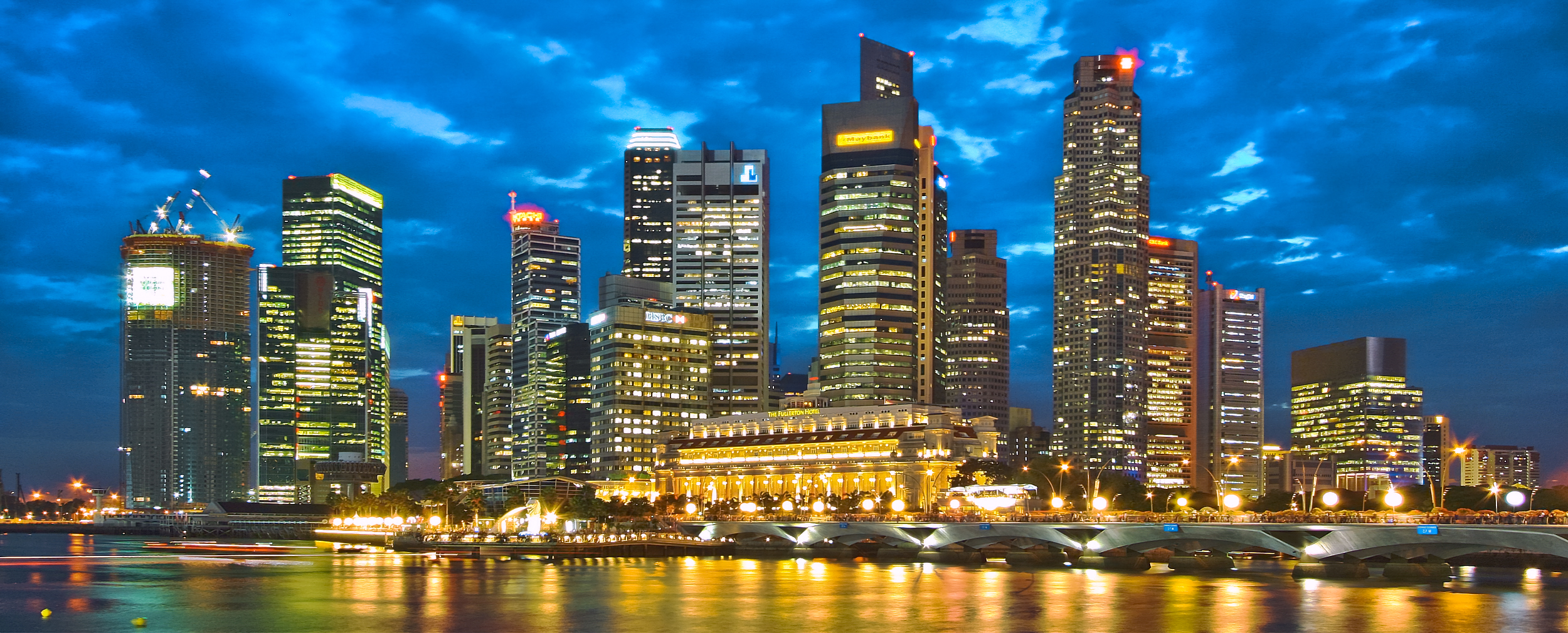Singapore court and anti-gay law: ‘a bump in the road’
Colin Stewart is a 45-year journalism veteran living in Southern…
In response to this month’s High Court rejection of a challenge to Singapore’s anti-homosexuality law, counseling center manager Bryan Choong recalls his emotions in the wake of 2007’s failed attempt to repeal that law and tells how LGBTQ people can keep from being despondent.

Responding to setbacks for LGBTQ people
In 2007, I was travelling on Benjamin Sheare Bridge as I read the news about the unsuccessful repeal of Section 377A. To the left of the bridge was the magnificent Singapore skyline. I thought to myself, what a beautiful country where I felt like a second-class citizen. What was the point of me holding a Pink ID card? I was on the verge of leaving the country. Eventually, I stayed on and did whatever I could as a person.
When I was preparing for the supporting affidavit [challenging Section 377A] in January, I found this 2009 article in Journal of Counseling Psychology titled “Balancing Dangers: GLBT Experience in a Time of Anti GLBT Legislation.” The article explains clearly on the feeling I had in 2007. It must be quite applicable for many of my friends now, after hearing the court judgment this evening.
It was about a research study on how American LGBT individuals feel, whenever there is an initiative that challenges the state on LGBT right issue. Two clusters of responses resonated with me most.
1. Initiatives Lead to Constant Painful Reminders That I’m Seen as Less Than Human by Our Government and Public Laws
2. The Irrationality of Anti-GLBT Initiatives and Movements is Baffling, Painful, and Scary: We Are Not Who They Say We Are
The article ended with the participants talking about balancing engagement and withdrawal. Participants described experiencing tension, because engagement to fight homophobic sentiments or movements could result in increased hurt, fear, and anger, but withdrawal from engagement could result in continued invisibility and discrimination.
It is important for us to embrace what we are feeling and understand how the latest development affects us emotionally and psychologically, how this translate into fight or flight mode for us. It is only natural for some to have passing thoughts on just wanting to pack and leave, like I did in 2007. It is also understandable that many are worked up and angry.
What is more crucial is that we recognise that this is a bump on the road, continue to do what we can and get ourselves better informed and organised. For those who do not have a chance to be directly involved, do not feel dis-empowered because there are plenty of work to be done and you can play a part anonymously. Start by telling your personal story to your closest straight allies and explained how you are affected by Section 377A. Start by telling your clueless LGBT friends what is Section 377A. Start by reminding your fellow angry LGBT friends: Do not give up.
In life, we do not always get to use the road we paved, but we can still do it for the others.
Related articles
- Singapore’s High Court upholds anti-gay sex law (76crimes.com)
- Setback for gay rights in Singapore (news.com.au)
- Singapore: More straight allies every day (76crimes.com)
- How Singapore learns about LGBTQ people (76crimes.com)
- Singapore LGBT letter: Even hurting, let’s win with love (76crimes.com)


